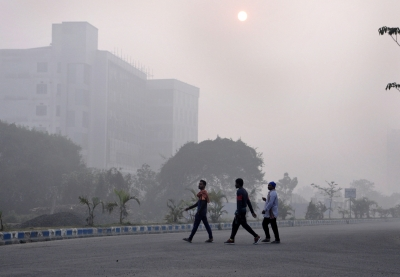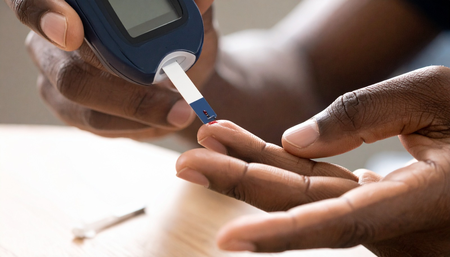
Johannesberg, April 17 (IANS) The South African Department of Health has urged the public to remain vigilant against malaria as the country is seeing a slight increase in cases of the disease, particularly in malaria-endemic provinces such as Limpopo, Mpumalanga, and KwaZulu-Natal.
The department said on Wednesday that it has also noted malaria outbreaks in some neighbouring countries within the Southern African Development Community (SADC) region, mainly in Botswana, Eswatini, Namibia, Mozambique, and Zimbabwe, Xinhua news agency reported.
“This poses a threat of possible cross-border transmission of this preventable disease, especially as people travel across the region to various destinations for religious and cultural reasons as part of Easter holidays,” department spokesperson Foster Mohale said in a statement.
He said the department will remain on high alert in case of a sudden peak in local malaria transmission.
“The healthcare providers in both endemic and non-endemic provinces have been alerted to maintain a high index of suspicion for malaria in patients with flu-like symptoms and report confirmed cases immediately to support malaria surveillance and response,” Mohale added.
“They were also reminded to always inquire about travel history, particularly from high-risk regions, and conduct prompt malaria testing and repeat the tests if symptoms persist despite negative results,” the spokesperson added.
“Early diagnosis and treatment are critical to saving lives and preventing further transmission of the disease.”
“The Department will remain on high alert in case of sudden peak in malaria local transmission. The disease is primarily transmitted through a bite of an infected female mosquito called Anopheline. Common symptoms include fever, chills, headache, muscle pain, nausea and loss of appetite or vomiting. Therefore, anyone who experiences any of the symptoms should present at the nearest healthcare facility.”
According to the statement, malaria is primarily transmitted through the bite of infected female Anopheles mosquitoes.
Common symptoms include fever, chills, headache, muscle pain, nausea, loss of appetite, and vomiting.
The health department advised people travelling during the Easter holidays to take malaria prevention medication, such as doxycycline, which is freely available at all public health facilities.
If any symptoms arise, individuals are encouraged to seek immediate medical attention and always inform healthcare providers of their recent travel history, it added.
–IANS
int/khz




